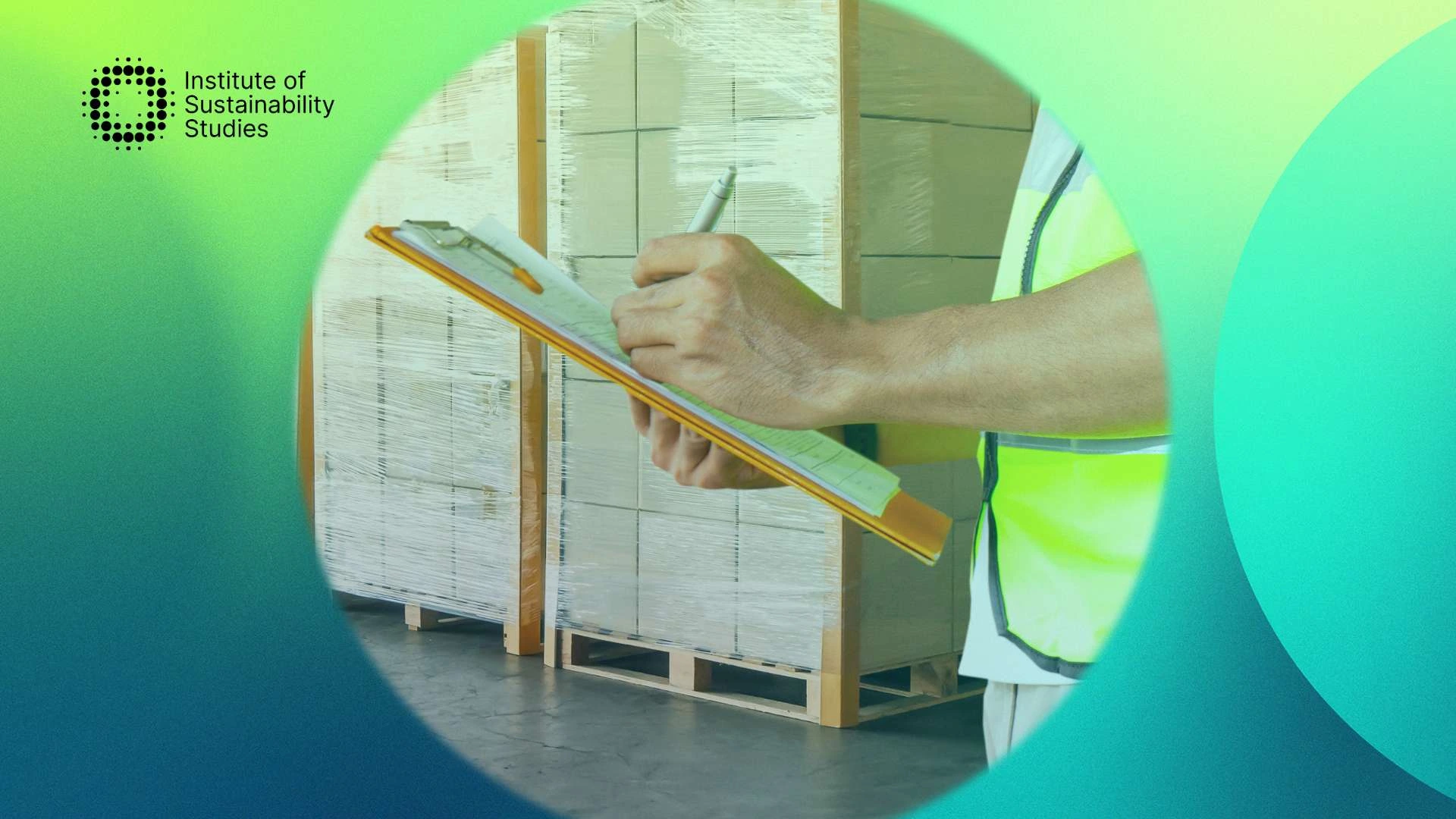Supply chains are becoming an essential area of ESG focus, and formulating a robust business sustainability strategy is key in this context. Businesses across the globe are rethinking their supply chain plans to see how they can bring about real change. Organisations worldwide are increasingly being assessed on their sensitivity to ESG issues. Before individuals will invest in a business, work for it, or purchase products, they are considering its stance concerning ESG criteria.
With this in mind, it isn’t hugely surprising that many businesses are announcing ambitious carbon neutrality and net zero pledges. Net zero supply chains can be a massive game-changer when it comes to mitigating climate change. Continue reading to find out what is meant by a net-zero supply chain and how we can deliver them.
What does a net-zero supply chain mean?
To understand what is meant by a net-zero supply chain, you must first comprehend the concept of net zero. It essentially refers to the balance between the amount of greenhouse gas created and the amount that is taken out of the atmosphere. Net zero can be achieved through a combination of emission removal and emission reduction.
Therefore, for a supply chain to be net zero, the business must be taking action on its emissions by reducing them or removing them through things like offsetting. According to PWC, as many as 1,400 worldwide organisations have already formally pledged to achieve net zero by 2050, and many others are expected to follow suit.
Benefits of a net-zero supply chain
There are many advantages to a sustainable supply chain beyond environmental action. For instance, optimising and improving your supply chain for net zero can reduce costs, boost efficiency, and enhance customer service. Not just that but customers today have high expectations concerning sustainability, and so establishing a net-zero supply chain enhances your reputation and brand image. Making the switch also wins support from investors who are increasingly looking to help companies with ESG principles in mind.
How to get there
The benefits of a net-zero supply chain powered by renewable energy are clear, but how do we put it into practice? Levers vary from one sector to the next, however, there are several steps we can apply to all as a roadmap for this transition. Firstly, revisiting product design and going back to the drawing board instead of simply optimising existing processes. Net zero supply chains require a wholesale re-assessment of how products are made and how consumers use them.
Collaboration is also vital because supply chains are asymmetric with high-quality resources, education, and talent, and a lot of smaller SMEs along the chain require support. All actors must collaborate for success. They need to share technology, resources, knowledge, and technology. Capability training and development training will also be key to driving the shift. This is because the transition will uncover knowledge and skills gaps. Achieving net zero by the 2050 timeline will also require investment and collaboration between finance, science, and industry to accelerate innovation at scale.
Creating better structures is also important because this will allow for consistent, comparable, and transparent ESG metrics that are widely available. There has been a historic lack of consistency in standards, market practices, and policies, which have resulted in businesses being held to requirements that are constantly changing. This pushes up costs and causes immense complexity. Therefore, delivering consistency is important and we need policies that hold all to a high standard that is still workable.
Summary
Transitioning to a net zero supply chain will benefit your business and also help you tackle the climate crisis. More and more organisations are making pledges and commitments with respect to net zero, which is a great sign, but these intentions need to be followed by tangible actions. The journey to net zero is not an easy one, but collaboration is the key to its success and working with all actors along your chain to bring about positive climate action.
Explore our ESG courses that provide essential knowledge and tools for businesses to navigate and implement these sustainable strategies effectively, ensuring they are well-equipped to meet their net zero goals and contribute positively to the climate agenda.
Dedicated to harnessing the power of storytelling to raise awareness, demystify, and drive behavioural change, Bronagh works as the Communications & Content Manager at the Institute of Sustainability Studies. Alongside her work with ISS, Bronagh contributes articles to several news media publications on sustainability and mental health.
- Bronagh Loughlinhttps://instituteofsustainabilitystudies.com/insights/author/bronagh/
- Bronagh Loughlinhttps://instituteofsustainabilitystudies.com/insights/author/bronagh/
- Bronagh Loughlinhttps://instituteofsustainabilitystudies.com/insights/author/bronagh/
- Bronagh Loughlinhttps://instituteofsustainabilitystudies.com/insights/author/bronagh/











